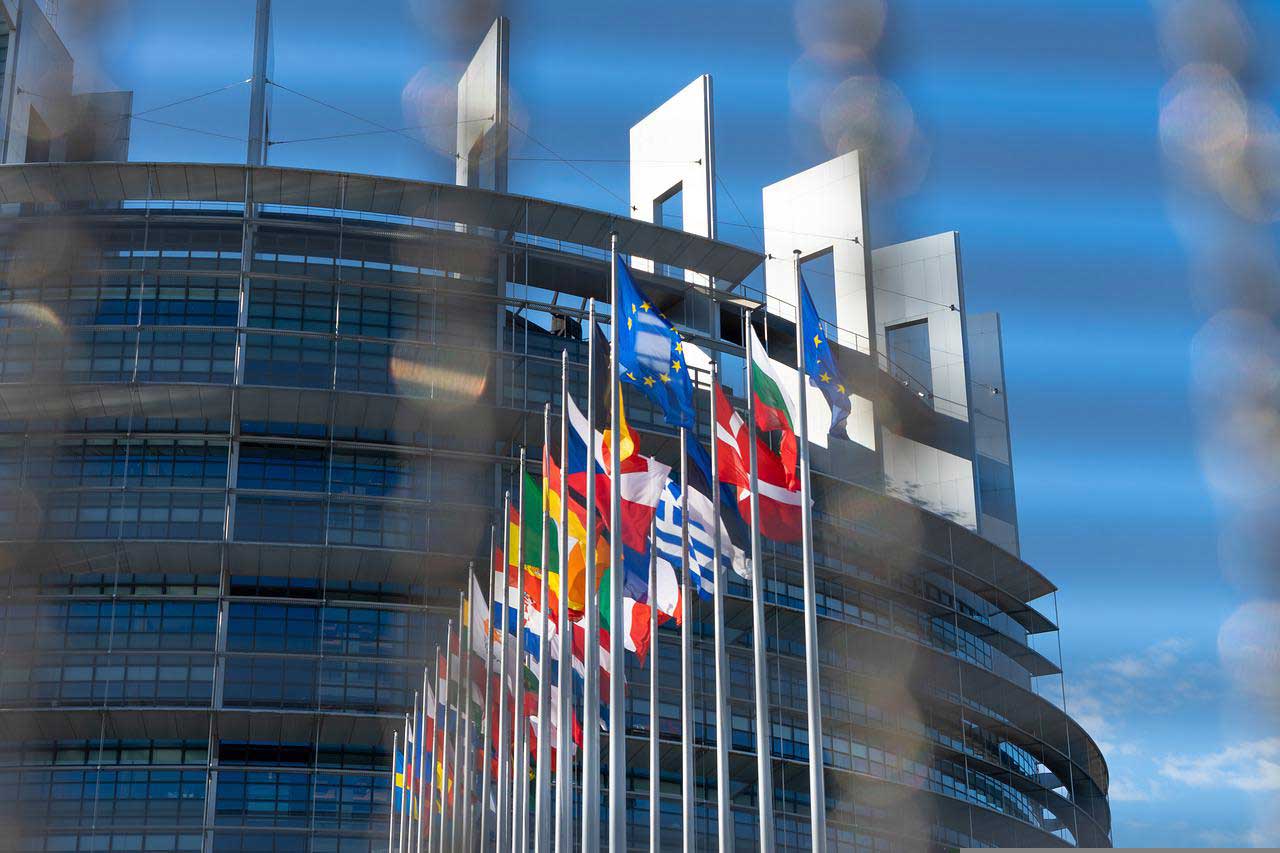At an informal meeting in Prague on Wednesday, the EU foreign ministers failed to reach a consensus regarding the ban on Russians from entering the European Union. However, the authorities of the countries agree to cancel the agreement on a simplified visa regime for citizens of the Russian Federation.
The initiators of the sanctions, Estonia, Latvia, and Lithuania, who no longer accept Russians with visas from these states, adhere to the toughest policy on this issue. It is also planned to prohibit entry into these republics to holders of any Schengen.
In terms of visa restrictions at the national level, Poland, the Czech Republic, and Denmark are in solidarity with the Baltic countries, which have also suspended or are only going to stop issuing their visas to citizens of the Russian Federation.
In turn, Germany believes that such measures should be aimed not at ordinary Russians, but at officials who can influence the situation in Ukraine. The country’s authorities have proposed a compromise in the form of canceling the visa facilitation agreement, which will lead to higher fees. However, the Russians will still have the opportunity to issue a Schengen.
The foreign ministers of Hungary, Austria, Portugal, Greece, Ireland, Belgium, Finland, and Cyprus spoke out against a total visa ban, but in favor of complicating the process of issuing a document.
Thus, citizens of the Russian Federation shortly will be able to obtain Schengen visas, but not all EU countries. At the same time, the number of issued multiple stickers will be significantly reduced, the procedure itself will rise in price from 35 euros to 80, and the time for obtaining visas will increase significantly.

